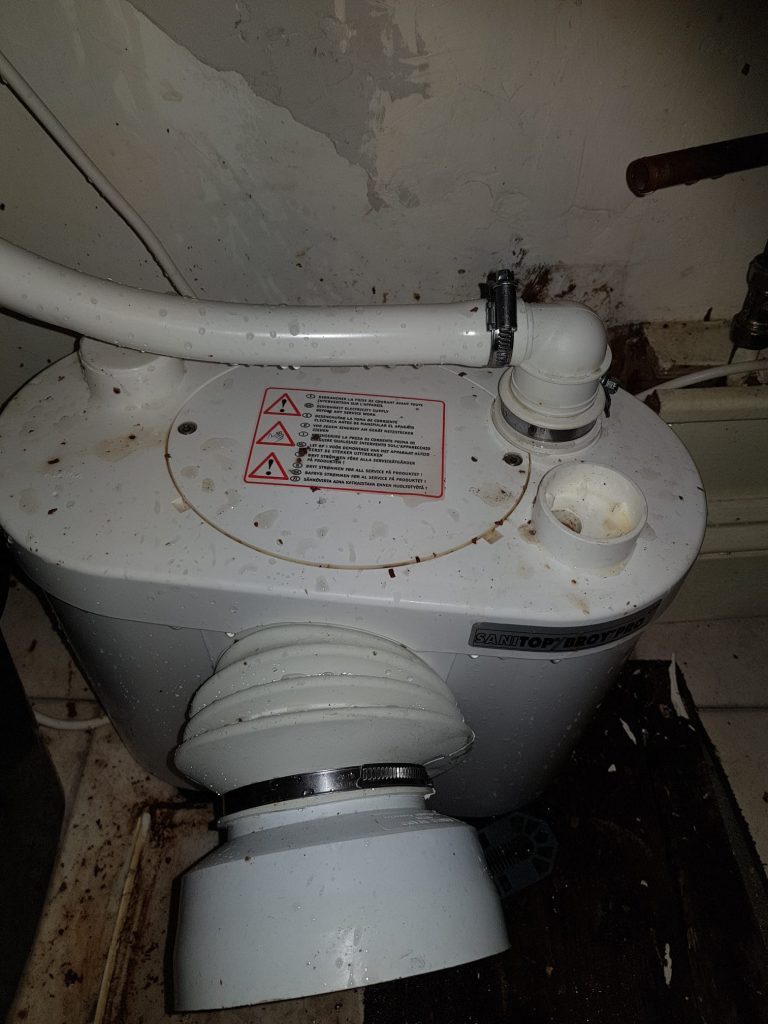Introduction:
Dealing with a blocked drain can be a frustrating experience. Whether it’s a slow drain or a complete blockage, it disrupts your daily routine and can lead to unpleasant odors and potential water damage. Fear not! In this detailed guide, we’ll walk you through the process of unblocking a drain with expert insights, practical steps, and valuable FAQs to ensure your plumbing is back to its best in no time.

How to Unblock a Blocked Drain
Dealing with a blocked drain might seem like a daunting task, but with the right approach, you can tackle the issue effectively. Here’s a step-by-step guide to help you get started:
1. Gather Your Supplies
Before you begin, gather the necessary tools: a plunger, a drain snake, rubber gloves, a bucket, and a wrench. Having these items on hand will make the process smoother.
2. Remove Visible Debris
Start by removing any visible debris from the drain opening. Use a pair of gloves and a small tool to clear away hair, soap scum, and other particles that might be causing the blockage.
3. Plunge the Drain
Place a plunger over the drain and create a tight seal. Use vigorous up-and-down motions to create suction and dislodge the blockage. Repeat this several times until the water starts to drain.
4. Use a Drain Snake
If plunging doesn’t work, it’s time to use a drain snake. Insert the snake into the drain and rotate it while pushing forward. This should help break up the blockage and allow water to flow freely.
5. Natural Remedies
Consider using natural remedies to break down stubborn clogs. Pouring a mixture of baking soda and vinegar down the drain can help dissolve grease and debris. Follow it up with hot water after about 15 minutes.
6. Chemical Drain Cleaners (Use with Caution)
If other methods fail, you can try a chemical drain cleaner. However, use these with caution as they can be harsh on your pipes and harmful to the environment. Follow the manufacturer’s instructions carefully.
7. Call a Professional
If all else fails, or if you’re dealing with a recurring blockage, it’s time to call in a professional plumber. They have the expertise and tools to identify and resolve complex drainage issues.
Expert Tips for Preventing Blocked Drains
Prevention is key when it comes to maintaining healthy plumbing. Here are some expert tips to help you prevent future drain blockages:
1. Install Drain Guards
Place drain guards or screens over your drains to catch hair, food particles, and other debris before they enter the pipes.
2. Dispose of Grease Properly
Avoid pouring grease or cooking oil down the drain. Instead, let it cool and dispose of it in the trash.
3. Regular Maintenance
Perform regular drain maintenance by pouring hot water down the drain to help prevent the buildup of soap scum and debris.
4. Be Mindful of What You Flush
Only flush toilet paper down the toilet. Avoid flushing items like wipes, cotton balls, and sanitary products, as they can lead to blockages.
5. Use a Mesh Filter
In the bathroom, use a mesh filter over the shower drain to catch hair and soap residue.
FAQs about Unblocking Blocked Drains
Q: What causes drains to become blocked?
Drains can become blocked due to a buildup of hair, soap scum, food particles, grease, and foreign objects.
Q: Can I use boiling water to unblock a drain?
A: Yes, pouring boiling water down the drain can help dissolve minor blockages. However, for tougher clogs, other methods might be more effective.
Q: Is it safe to use a plunger on any type of drain?
A: While plungers are effective on most drains, they might not be suitable for toilets. For toilets, it’s better to use a toilet plunger designed specifically for that purpose.
Q: How often should I perform drain maintenance?
A: Regular maintenance is recommended every few weeks to prevent the buildup of debris and potential blockages.
Q: Are chemical drain cleaners safe for the environment?
A: Most chemical drain cleaners contain harsh chemicals that can be harmful to the environment. It’s best to explore natural and eco-friendly alternatives first.
Q: When should I call a professional plumber?
A: If your attempts to unblock the drain are unsuccessful or if you notice recurring blockages, it’s advisable to call a professional plumber for a thorough assessment and resolution.
Conclusion
Unblocking a blocked drain doesn’t have to be a headache. With the right tools, techniques, and preventive measures, you can keep your plumbing running smoothly and avoid future disruptions. Remember, regular maintenance and responsible practices go a long way in ensuring the health of your drains and pipes. So, the next time you’re faced with a stubborn blockage, you’ll be well-prepared to tackle it head-on!